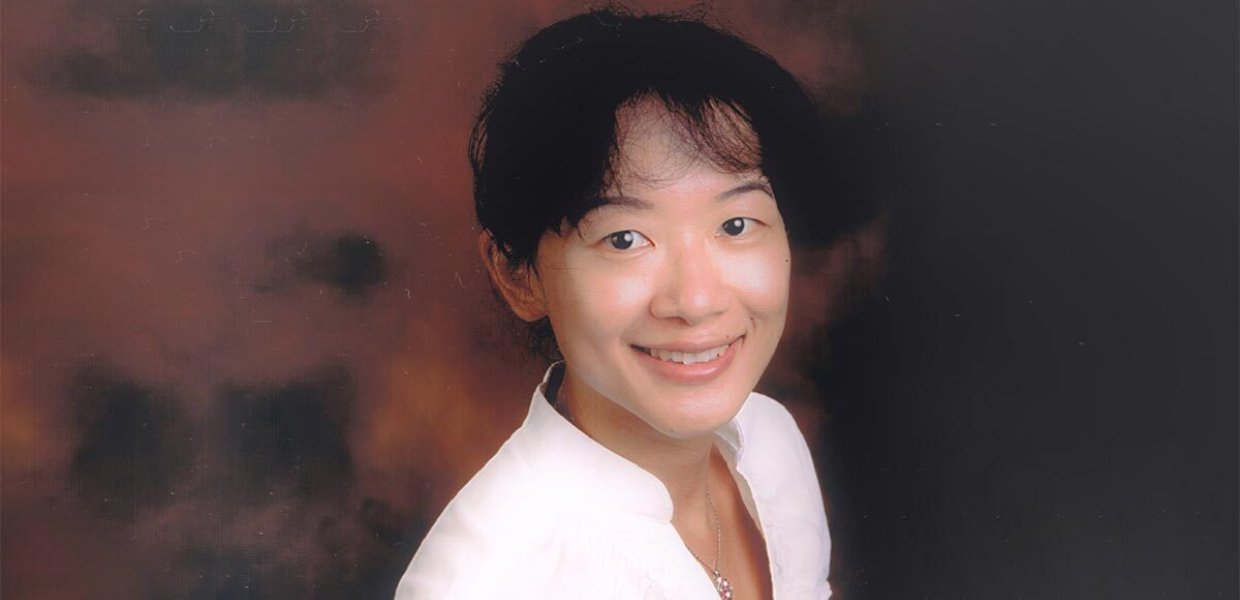
Information justice, manipulative issue advocacy and political polarization
Monday, September 19, 2022
11:30 a.m. – 1 p.m. PT
USC Annenberg School for Communication and Journalism (ASC), 207
This talk presents two recent studies on misinformation and disinformation networks. The misinformation study focuses on how different linguistic communities are disproportionally exposed to misinformation on social media due to unequal levels of interventions. The study examines the evolution of URL-sharing networks of English and Spanish misinformation and truthful information about the safety of COVID-19 vaccines in the presence of platform interventions. It found considerable disparities of platform interventions in English and Spanish information ecologies. More importantly, over time, the initial popularity of misinformation over truthful information was gradually reversed in the English information ecology, but misinformation became increasingly popular in the Spanish ecology.
The disinformation study proposes an ecological theory of disinformation networks. The theory explains why disinformation spreaders cluster in different regions of the information ecosystem and the conditions under which disinformation networks are most likely to flourish. This article introduces a multi-dimensional spatial model, Blau space model, as a foundation to theorize the information ecology in which disinformation spread. The theory distinguishes three types of disinformation spreaders: click-baiters, issue exploiters, and political manipulators. Drawing from Blau space logics, the theory poses that disinformation spreaders’ likelihood of forming and dissolving disinformation ties is a function of 1) their Blau space spatial homophily and 2) dynamic fluctuations in k-dimensions. Moreover, certain clustering patterns of disinformation spreaders could change dynamics of the overall issue Blau space and contribute to polarization through spatial reconfiguration.
Aimei Yang is an associate professor of public relations at USC Annenberg. Yang’s research is positioned at the intersection of strategic issue advocacy, social and political coalitions, and social networks. In recent years, Yang has explored the dynamic networks formed around misinformation and disinformation campaigns.
This program is open to all eligible individuals. USC Annenberg operates all of its programs and activities consistent with the University’s Notice of Non-Discrimination. Eligibility is not determined based on race, sex, ethnicity, sexual orientation, or any other prohibited factor.